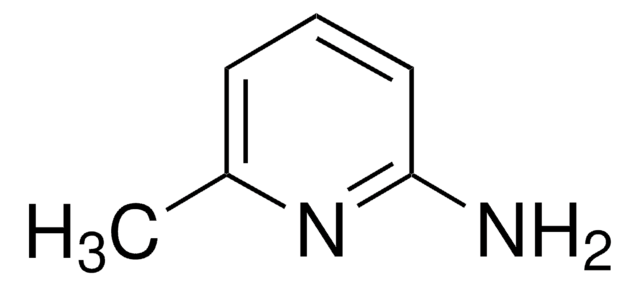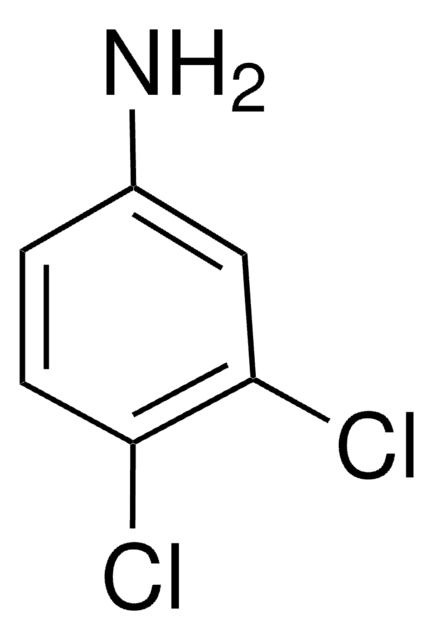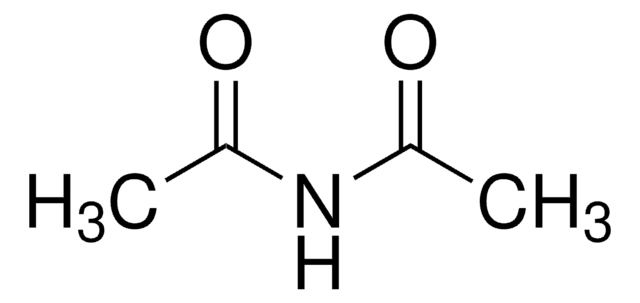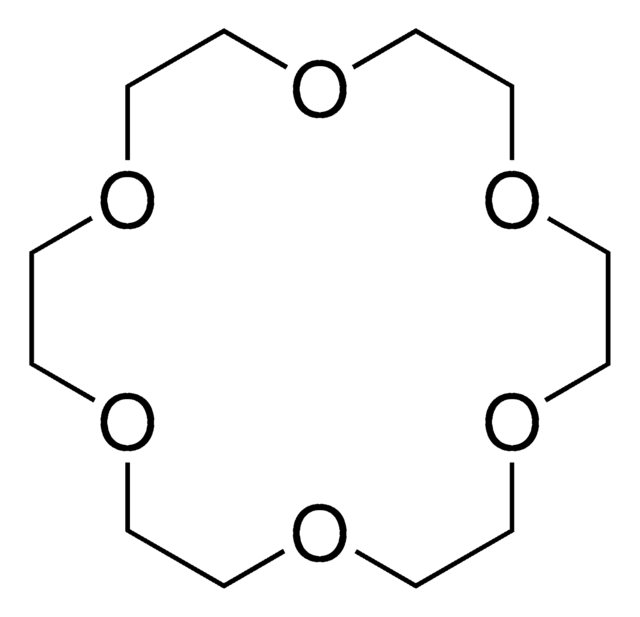203637
Cloruro de litio
powder, ≥99.98% trace metals basis
Sinónimos:
Hydrochloric acid lithium salt
About This Item
Productos recomendados
Quality Level
assay
≥99.98% trace metals basis
form
powder
greener alternative product characteristics
Design for Energy Efficiency
Learn more about the Principles of Green Chemistry.
sustainability
Greener Alternative Product
impurities
≤100.0 ppm Trace Metal Analysis
mp
605 °C (lit.)
solubility
H2O: soluble
application(s)
battery manufacturing
greener alternative category
SMILES string
[Li+].[Cl-]
InChI
1S/ClH.Li/h1H;/q;+1/p-1
InChI key
KWGKDLIKAYFUFQ-UHFFFAOYSA-M
¿Está buscando productos similares? Visita Guía de comparación de productos
Categorías relacionadas
General description
Application
- As a precursor to fabricate protective coating on Li metal electrodes. Coated metal can be used as an advanced anode for high-charge density Li-ion batteries. LiCl enhances Li diffusion suppressing the formation of Li dendrites resulting in improved cycle stability and rate capability.
- As a starting material to prepare humidity-tolerant and inexpensive solid electrolyte Li2ZrCl6 for Li-ion batteries.
- As an electrolyte additive to suppress the dendrite formation and stabilization of zinc anode-based batteries. LiCl ensures higher stability during the long cycling process.
Features and Benefits
- Highly soluble in water
- Exhibits good ionic conductivity
- Low melting point
- Compatible with other battery materials like lithium metal, graphite, and transition metal oxides
signalword
Warning
hcodes
Hazard Classifications
Acute Tox. 4 Oral - Eye Irrit. 2 - Skin Irrit. 2
Storage Class
13 - Non Combustible Solids
wgk_germany
WGK 1
flash_point_f
Not applicable
flash_point_c
Not applicable
ppe
dust mask type N95 (US), Eyeshields, Gloves
Elija entre una de las versiones más recientes:
¿Ya tiene este producto?
Encuentre la documentación para los productos que ha comprado recientemente en la Biblioteca de documentos.
Artículos
Research and development of solid-state lithium fast-ion conductors is crucial because they can be potentially used as solid electrolytes in all-solid-state batteries, which may solve the safety and energy-density related issues of conventional lithium-ion batteries that use liquid (farmable organic) electrolytes.
Lithium-Ion Battery Performance: Dependence on Material Synthesis and Post‑Treatment Methods
Contenido relacionado
Batteries, fuel cells, and supercapacitors rely on electrochemical energy production. Understand their operation and electron/ion transport separation.
Nuestro equipo de científicos tiene experiencia en todas las áreas de investigación: Ciencias de la vida, Ciencia de los materiales, Síntesis química, Cromatografía, Analítica y muchas otras.
Póngase en contacto con el Servicio técnico









